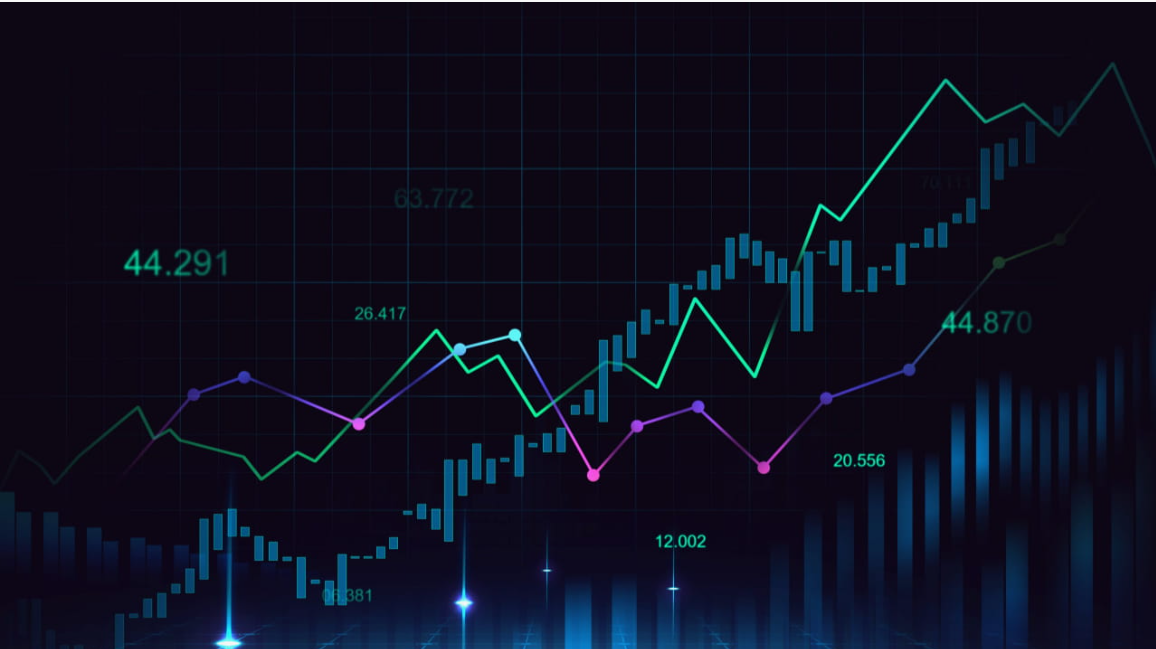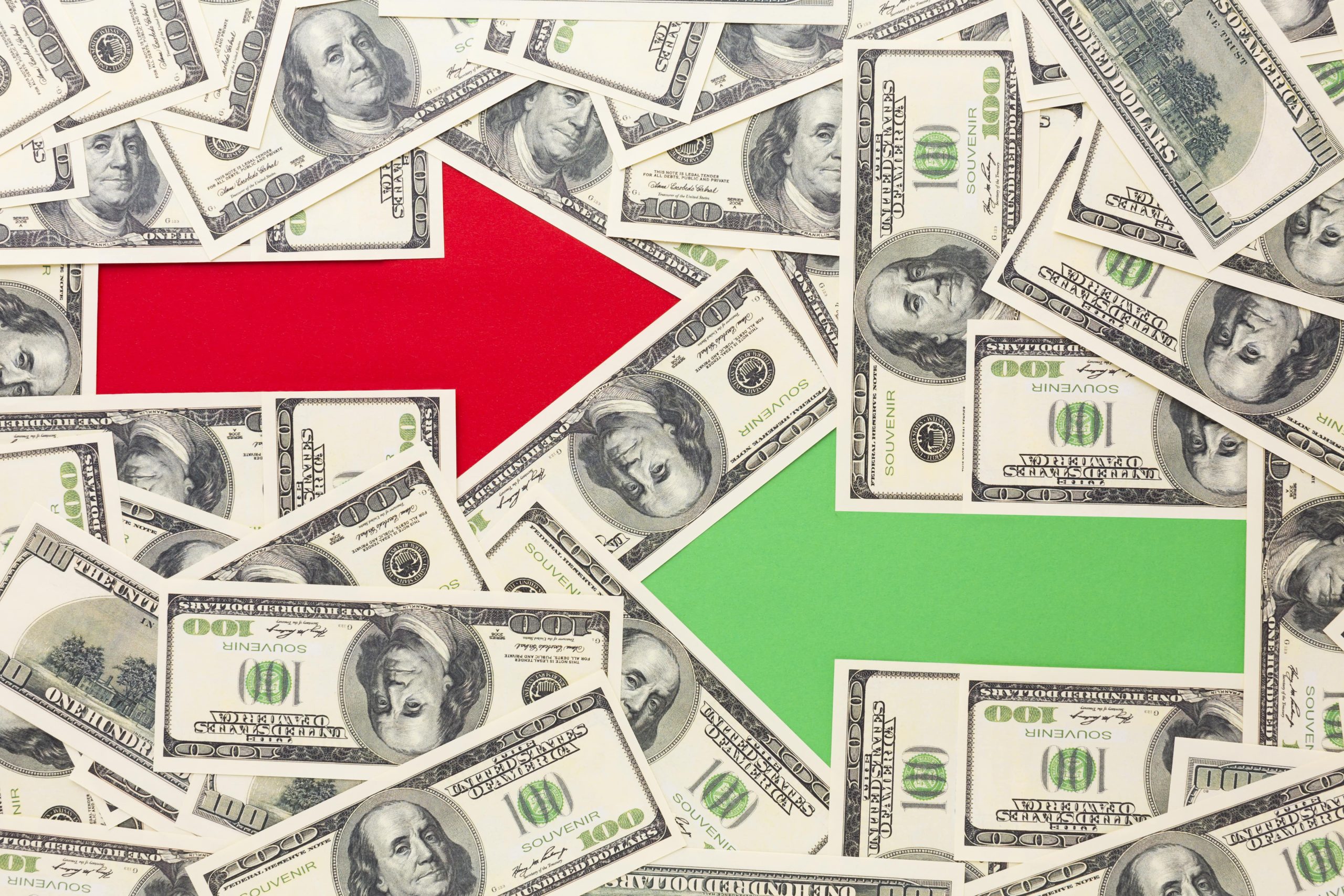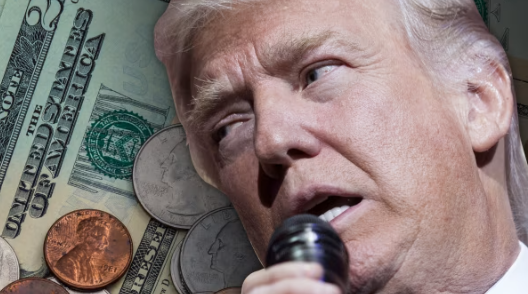The U.S. dollar—it’s more than just a currency; it’s like the backbone of the global economy. But with all these changes happening worldwide—political shifts, economic downturns, and the rise of other powerful currencies—the big question is, can the dollar really stay as strong as it’s been? In this article, we’ll break down what’s been going on and explore if the dollar’s resilience is here to stay or if we could be looking at big changes.
The Dollar’s Role in the Global Economy
The U.S. dollar has always been a “safe haven” currency, meaning that even in times of global instability, people tend to hold onto dollars because they trust it will keep its value. Most international trade is done in dollars, and many countries hold reserves in USD as a safety net. But why does the dollar have this kind of power, and is it possible for this to change?
Why Is the Dollar So Important?
The dollar is not just a national currency; it’s a global one. Its strength comes from several things:
- Stability: The U.S. government is seen as reliable, and its economy is one of the largest and most stable in the world.
- Widespread Use: Many countries use the dollar for international trade, especially for commodities like oil and gold.
- Reserve Currency: Central banks around the world keep large reserves of USD to protect against financial instability.
So, even with challenges like rising inflation or economic crises, the dollar has managed to hold its ground. But, with a changing global economy, this dominance could face some real tests.
Global Shifts Affecting the Dollar’s Resilience
The dollar’s strength is linked to the stability of the U.S. economy. However, global economic shifts have started raising questions about the dollar’s long-term resilience. Let’s look at some major factors that could shake things up.
1. Rise of Other Currencies
The Euro, the Chinese yuan, and even cryptocurrencies have been growing in use and popularity. Some countries, like China and Russia, are actively trying to reduce their dependency on the dollar. If more countries follow suit, the dollar could face some serious competition.
2. Geopolitical Tensions
U.S. relations with other countries play a role in the dollar’s value. For example, sanctions on certain countries can force them to look for alternatives to the dollar. As more nations explore options, this could slowly erode the dollar’s influence.
3. Economic Policies
High inflation rates, interest rate changes, and trade deficits can impact the dollar’s strength. While the Federal Reserve has tools to keep the dollar stable, there’s only so much it can do in a rapidly changing global landscape.
Is the Dollar’s Dominance at Risk?
Many experts debate whether the dollar’s dominance is actually in danger. While some argue that the dollar’s strong position makes it nearly impossible to replace, others believe that with the right circumstances, another currency could step up. Here are some scenarios that could impact the dollar’s future.
Potential Threats to the Dollar’s Dominance
- The Growth of the Digital Yuan: China’s digital yuan has been a game-changer. With China being one of the largest economies, a digital version of the yuan could gain popularity, especially in Asia.
- Cryptocurrencies as Alternatives: With the rise of Bitcoin, Ethereum, and other cryptos, some speculate if these digital assets could challenge traditional currencies like the dollar. However, volatility remains a big issue here.
- Economic Instability in the U.S.: If the U.S. faces another severe recession, countries may lose confidence in the dollar and start shifting towards other currencies or assets.
What This Means for New Investors
So, what does all this mean for investors? If you’re new to investing, you might wonder if you should be concerned about the dollar’s future. Here are a few things to keep in mind.
1. Diversification Is Key
Don’t put all your eggs in one basket. Holding assets in different currencies or commodities can be a smart way to protect yourself from any potential changes in the dollar’s strength.
2. Keep an Eye on Emerging Markets
Countries with growing economies could offer good opportunities if the dollar’s dominance declines. Staying informed about these markets could give you an edge.
3. Consider Digital Assets Cautiously
While cryptocurrencies are intriguing, they’re also highly volatile. A small investment in digital assets might be worth considering, but avoid over-committing until they become more stable.
Personal Thoughts on the Dollar’s Future
In my opinion, the dollar is unlikely to lose its strength in the near term. Its dominance isn’t just based on the U.S. economy but also on global trust in the U.S. financial system. However, I think it’s wise to watch out for shifts. Currencies like the digital yuan and crypto could play bigger roles, especially as technology continues to develop and influence how we use money worldwide. And while I believe the dollar will remain strong, having a backup plan—like diversifying investments—never hurts.
FXpricing’s Role in Keeping You Informed
At FXpricing, we understand how crucial it is for investors and traders to have up-to-date information, especially when it comes to major currencies like the dollar. Our platform offers real-time and historical data across a range of markets, from forex and stocks to cryptocurrencies and commodities. If you’re wondering about the latest dollar trends or interested in exploring alternative assets, FXpricing has you covered with reliable data and analysis to help you make informed decisions. Plus, with our economic calendar and live rates, you’ll never miss a beat in this dynamic market.
FAQs
1. Why is the dollar considered a safe haven?
The dollar is viewed as stable because it’s backed by a large, well-regulated economy, and it’s widely used for global trade. This gives people confidence that it will hold value even during economic turmoil.
2. Can other currencies replace the dollar?
While some currencies like the euro and yuan are becoming more popular, the dollar’s deep-rooted position in global trade and finance makes it difficult to fully replace. However, it’s possible that other currencies could play larger roles in the future.
3. What impact does a strong dollar have on investments?
A strong dollar can make U.S. investments more attractive to foreign investors but might make exports more expensive, impacting certain industries. For international investors, it could also mean higher costs when converting currencies.
4. Are cryptocurrencies a viable alternative to the dollar?
Cryptos offer an alternative, but they are still volatile and not widely accepted. They have potential, but until they stabilize, they’re not likely to fully replace traditional currencies.
5. How can FXpricing help me stay updated on currency trends?
FXpricing provides real-time and historical data on major currencies, including the dollar, along with analysis tools, live rates, and an economic calendar. This makes it easier to track changes and make informed decisions in the market.




